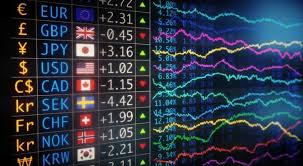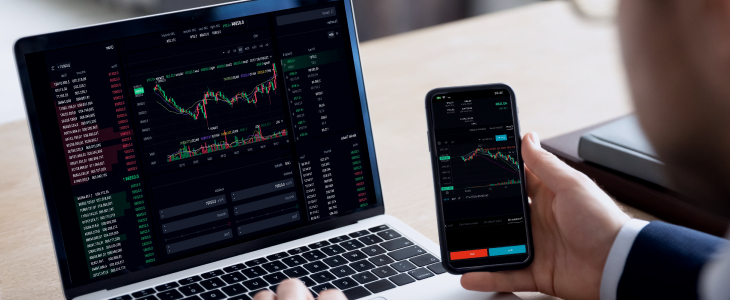
Forex trading, or foreign exchange trading, involves the buying and selling of currencies in a decentralized global market. This dynamic financial marketplace operates 24 hours a day, five days a week, allowing traders to take advantage of fluctuations in currency values at any time. For newcomers and seasoned traders alike, forex trading explained FX Trading UZ serves as a valuable resource for understanding the intricacies of this exciting world.
At its core, forex trading marries economic principles with strategic decision-making. The primary goal is to profit from the exchange rate differences between two currencies, known as a currency pair. Major pairs such as EUR/USD (Euro/US Dollar) and GBP/USD (British Pound/US Dollar) attract the most trading volume, offering traders opportunities to capitalize on slight price movements throughout the day.
How Forex Trading Works
Forex trading works on a two-way market, meaning every trade has a buyer and a seller. When a trader believes that the value of a currency will rise, they buy the currency pair (this is called going long). Conversely, if they believe the value will drop, they sell the currency pair (going short). Understanding how to analyze the market to make these decisions is fundamental for traders.
The Currency Pairs
Currencies are always traded in pairs. The first currency in the pair is called the base currency and the second is the quote currency. For example, in the pair EUR/USD, the Euro is the base currency and the US Dollar is the quote currency. If the value of the EUR/USD pair increases, it indicates that the Euro has strengthened against the US Dollar.
Market Participants
The forex market is composed of various participants, ranging from large financial institutions to individual investors. Banks, central banks, hedge funds, corporations, and retail traders all play a role. Each has different objectives for trading, such as hedging against risk, speculating on price movements, or conducting international business transactions.
Types of Forex Analysis

Successful traders often use analysis to inform their trading decisions. There are two primary types of analysis in forex trading:
- Technical Analysis: This approach involves analyzing past market data, primarily price and volume, to forecast future price movements. Traders often use charts and technical indicators to identify trends and patterns.
- Fundamental Analysis: This method considers economic indicators, news events, and geopolitical developments that can influence currency values. Traders look at factors like interest rates, inflation, and unemployment to make informed trading decisions.
Trading Strategies
There are several trading strategies that traders can adopt:
- Day Trading: This strategy involves making short-term trades, taking advantage of small price movements throughout the day. Day traders close all positions before the market closes to avoid overnight risk.
- Swing Trading: Swing traders aim to capture larger price movements over several days or weeks. This approach requires understanding market trends and price levels.
- Scalping: Scalpers make numerous trades throughout the day to exploit small price changes, often holding positions for only a few seconds or minutes.
Risk Management
Managing risk is a crucial aspect of forex trading. Traders often use tools such as stop-loss orders to protect their investments. A stop-loss order automatically closes a position when a specified price is reached, helping to minimize losses. Additionally, position sizing—determining how much capital to risk on each trade—is vital for long-term success.
Choosing a Forex Broker
Selecting the right forex broker is a significant decision for traders. Considerations include the broker’s regulation status, trading platform, fees, and customer service. A reputable broker provides a secure trading environment and access to a reliable trading platform, essential for executing trades effectively and efficiently.
Conclusion
Forex trading offers immense potential for profit, but it comes with its share of risks. Understanding the market structure, types of analysis, and risk management strategies is crucial for any trader looking to succeed in this fast-paced environment. As you embark on your forex trading journey, leverage resources like FX Trading UZ to enhance your knowledge and develop the skills necessary for navigating the complexities of the forex market effectively.
